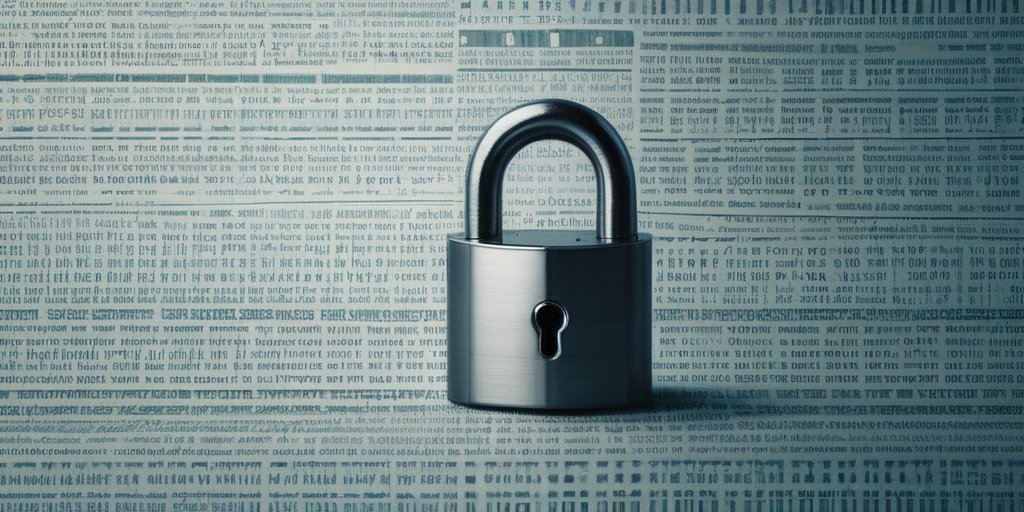In a significant breach of security protocols, members of President Donald Trump’s national security team revealed classified information in a Signal group chat, according to numerous reports. This unsettling incident has sparked widespread condemnation and led experts to outline three potential violations of communication security.
The leak was inadvertently noticed by Atlantic’s editor-in-chief, Jeffrey Goldberg, who discovered that he was included in an 18-member Signal group. Within this chat, sensitive details concerning imminent airstrikes on Houthi rebels in Yemen were discussed. The White House has since confirmed the authenticity of the messages shared in this group, which has raised alarms regarding the handling of classified information.
Signal, once revered as a secure platform for communications—especially sensitive discussions—has now come under scrutiny. While privacy specialists advocate for its end-to-end encryption, the unauthorized sharing of critical national security information, especially with the presence of a reporter, raises serious questions about the adequacy of security practices employed by Trump’s national security team.
Under President Joe Biden’s administration, Signal was permitted for use under strict regulations; officials were advised to limit sharing sensitive information through the app. Former national security officials indicated clear guidelines were in place, limiting the app’s use for classified exchanges. Pentagon directives categorically state that commercial messaging applications like Signal are not authorized for transmitting non-public Department of Defense (DoD) information.
Cybersecurity experts are now reflecting on the implications of this breach, noting that traditional communication methods used within government systems offer better security and monitoring capabilities. John Wheeler, from Wheelhouse Advisors, expressed surprise that such sensitive discussions were conducted over a commercial platform without the necessary authorization protocols. He emphasized that conversations of this classification should occur within secure environments such as the Pentagon or a Sensitive Compartmented Information Facility (SCIF).
The ramifications of this security lapse may have far-reaching consequences, not only for domestic policy but also in how international partners perceive the integrity of U.S. government communications. Observers are concerned that allies might question the U.S. government’s ability to secure sensitive information post-incident.
Experts warn that such a leak may potentially expose the national security team and even lead to legal ramifications under laws like the Espionage Act. Mara Karlin, a former assistant secretary of defense, characterized the incident as ‘stunning’ and reflective of a larger issue regarding communication security within the Trump administration.
The repercussions of this event are anticipated to prompt investigations from inspectors general and congressional committees as national security protocol failures become more visible in the political landscape.
